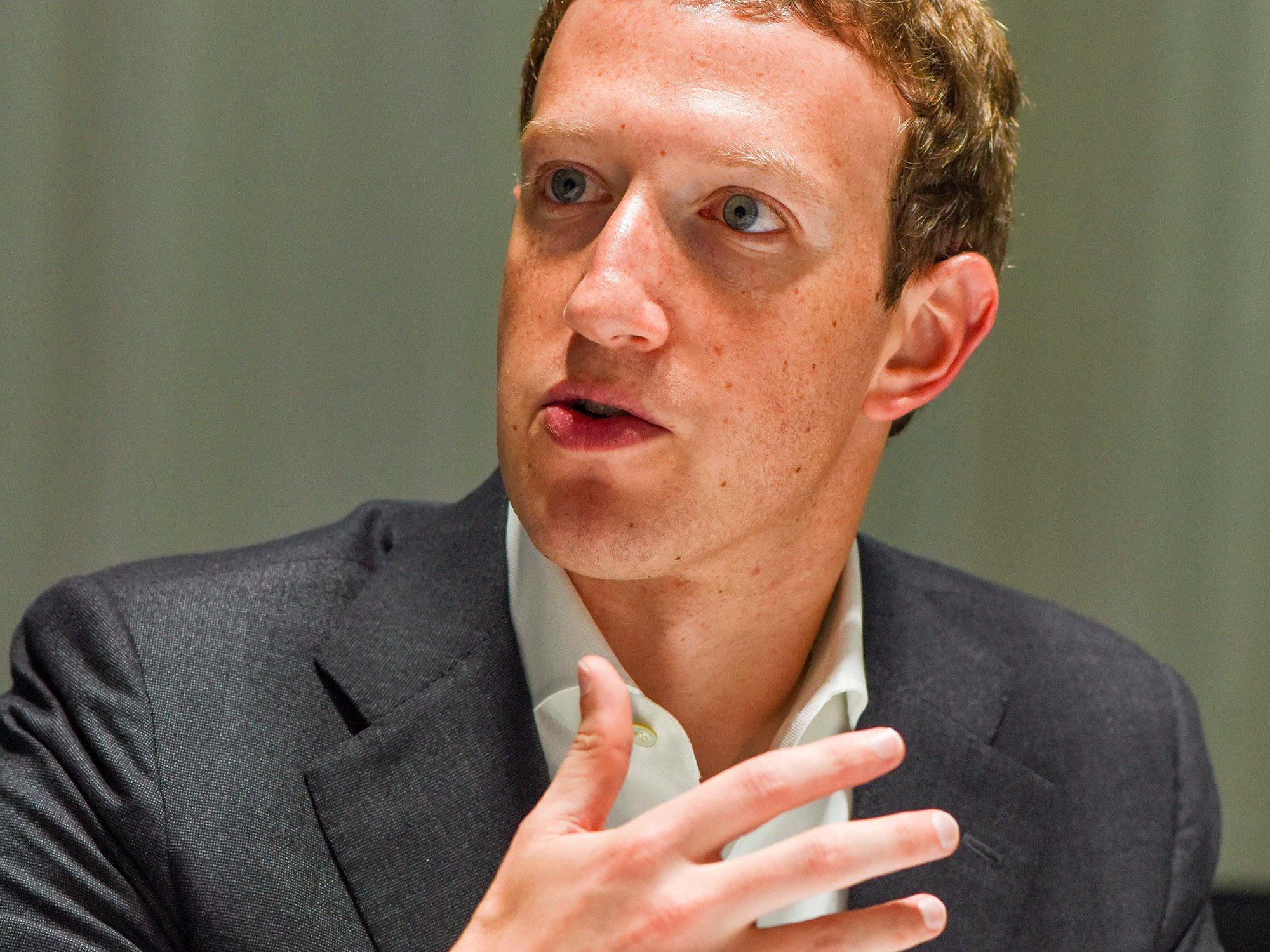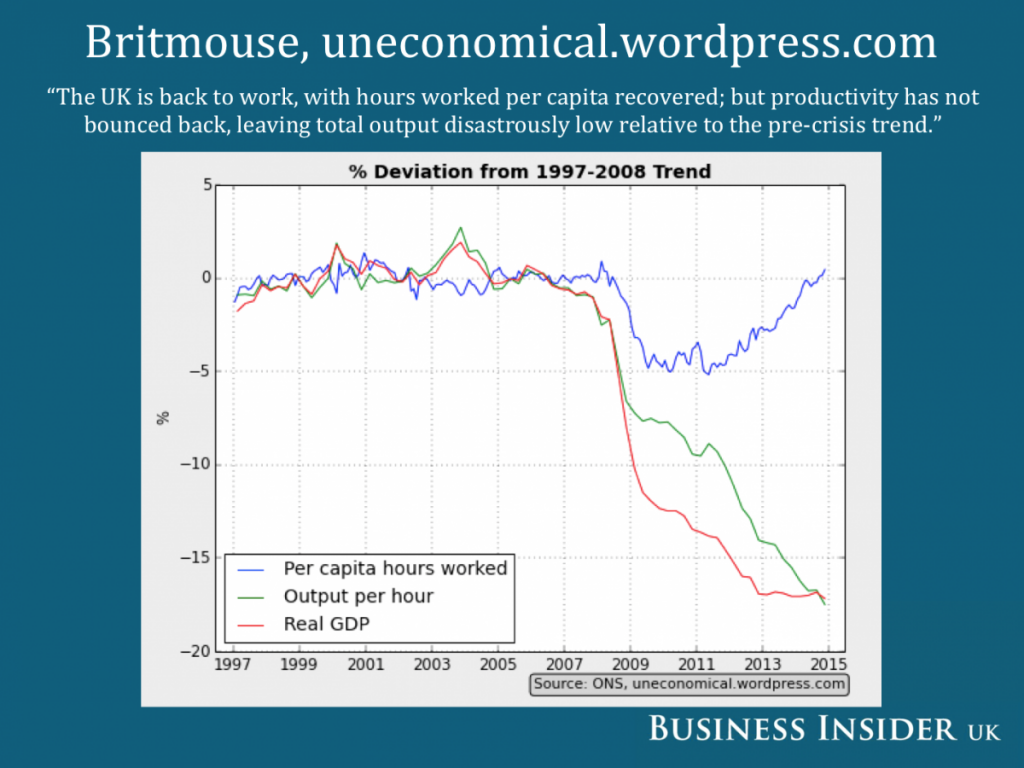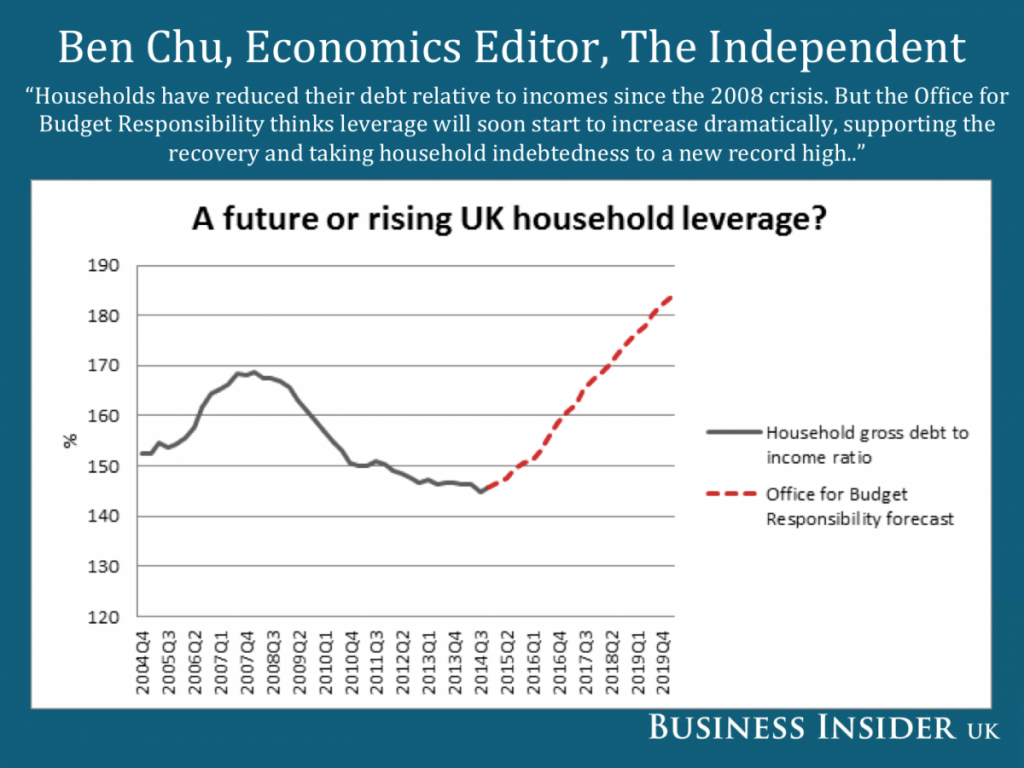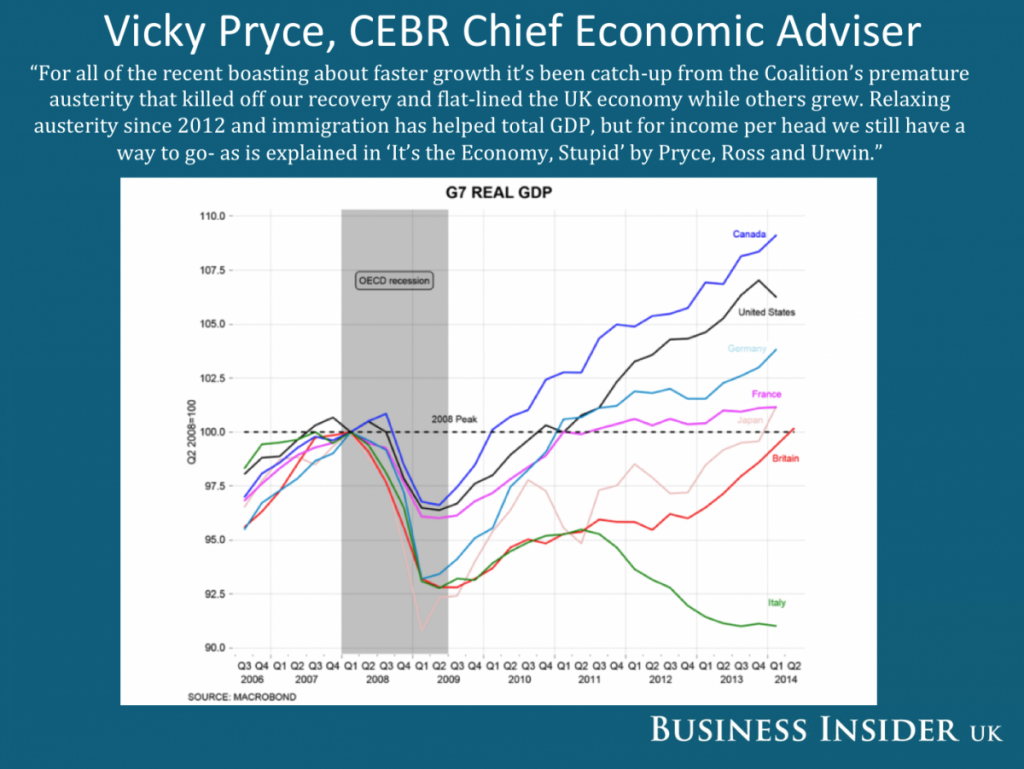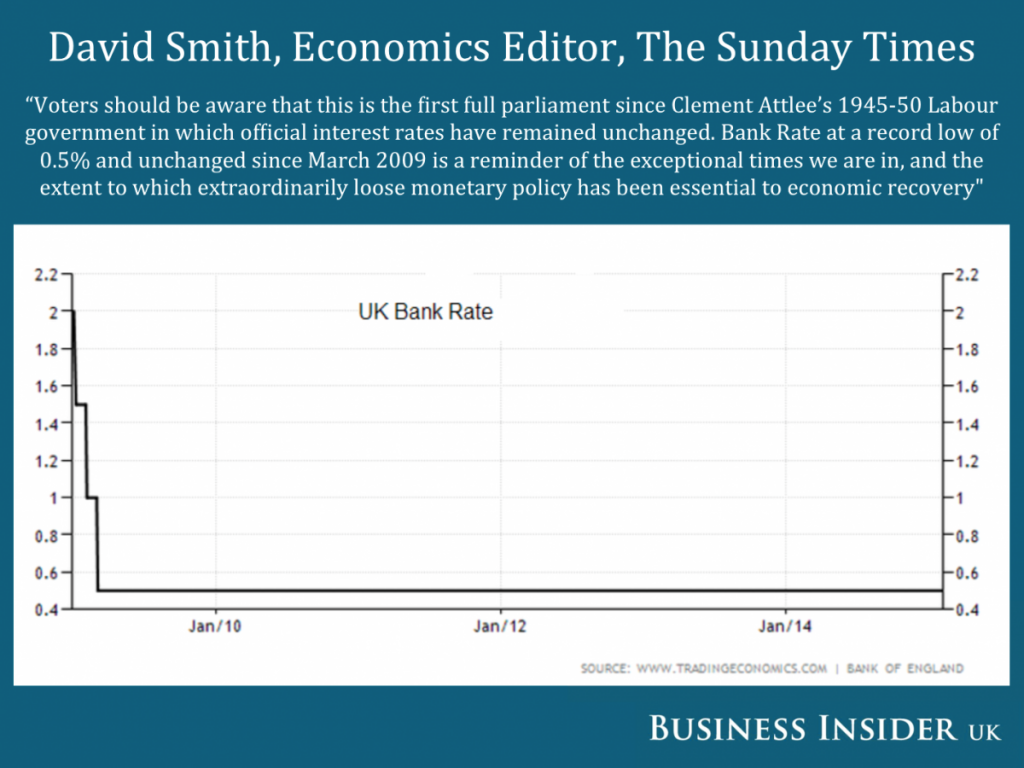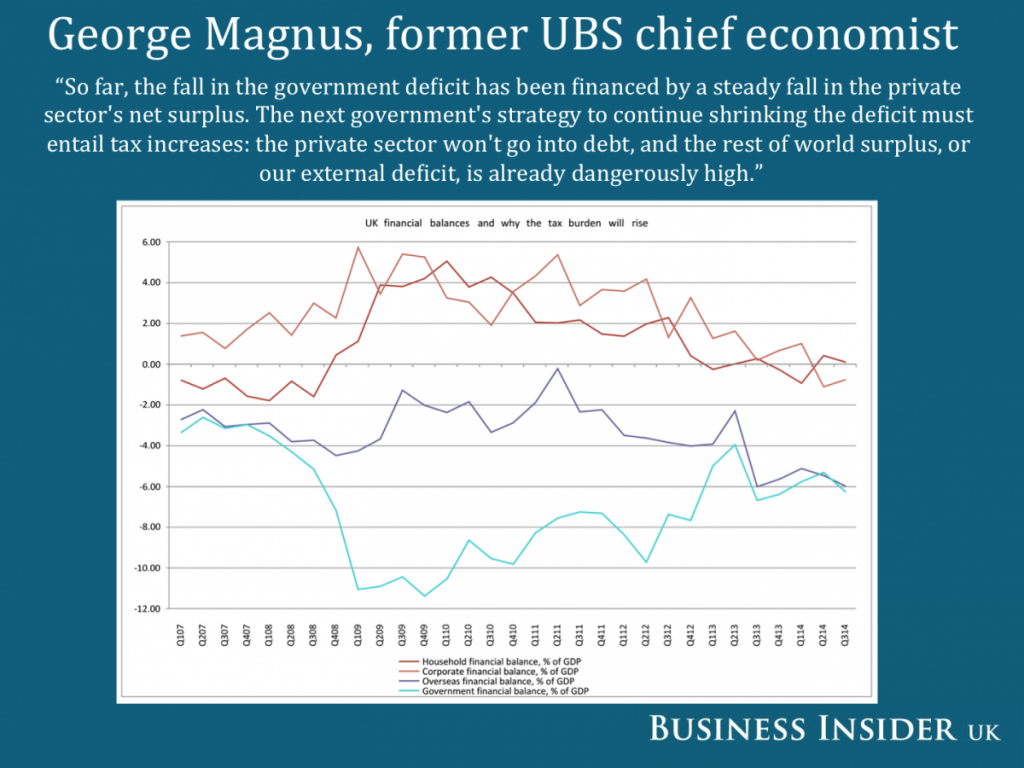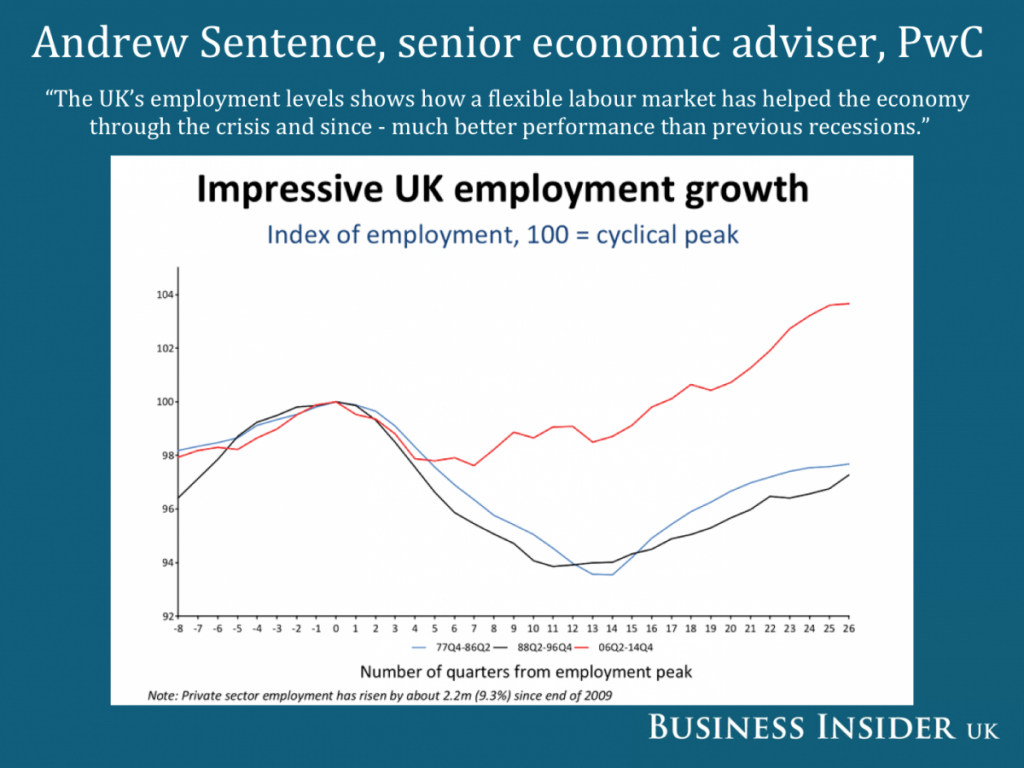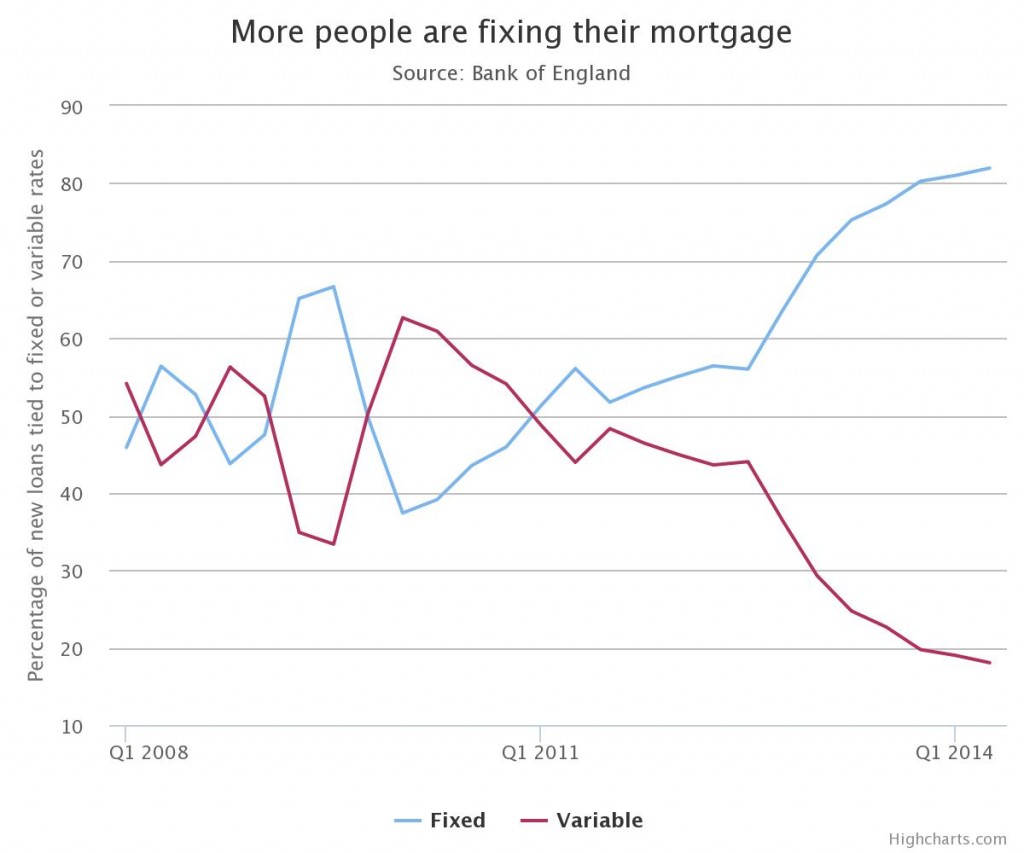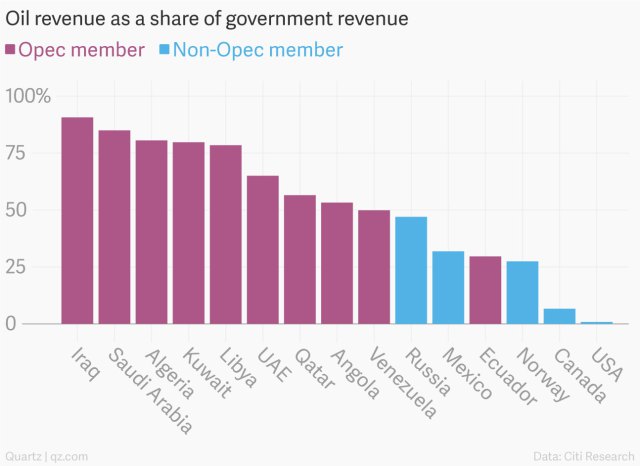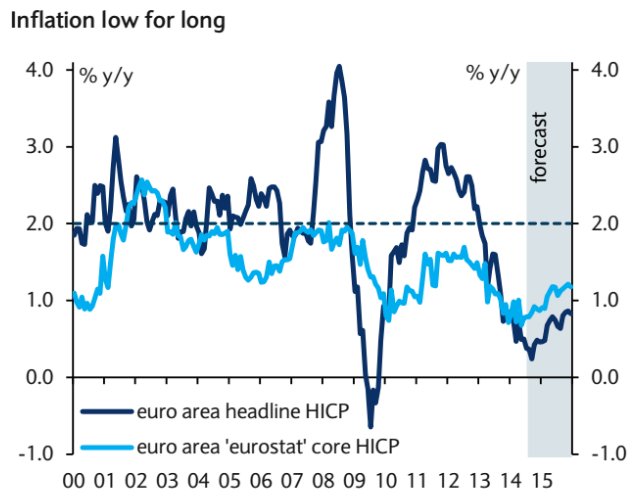The Tik Tok Oracle deal still leaves the US exposed to security threats
Chinese social media platform Tik Tok is good at two things: leveraging free content and learning a lot about what their customers like.
They fathom their users content preferences based on 100-300 signals from their users every second and then use that data to present more tailored content.
Tik Tok have successfully entranced 100m consumers in the US in this way.
In does not take a very stable genius to see that the platform wields a huge amount of power in shaping public opinion.
Given that it is a Chinese controlled company, it clearly poses a very real threat to US national security.
And that’s why Oracle’s successful bid to buy Tik Tok is so baffling. The deal essentially makes Oracle Tik Tok’s tech partner and means the Algos that run Tik Tok stay in China.
This still leaves the way clear for China to tweak those algorithms to de-stabilise the US by say, disputing an election or questioning the efficacy of a Covid-19 vaccine.
It’s no surprise Microsoft, who lost their bod to buy Tik Tok – pointed out that had they won, they would have made “significant changes” to “combat disinformation “ on the platform.
Oracle have made no such guarantee.
Posted in: Infographic of the week | Leave a Comment
